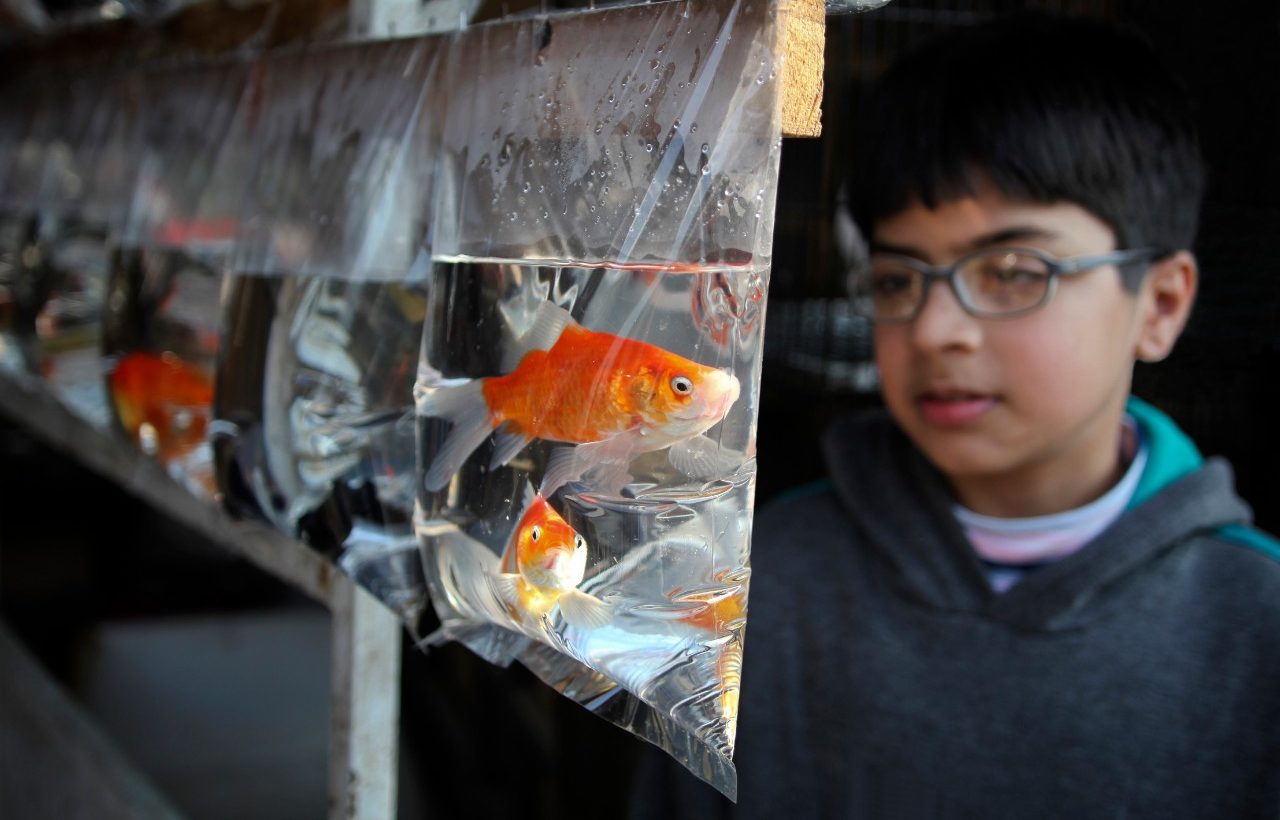During our discussions with a group of citizens in our digital exploration sessions, one major insight was that plastics is not going anywhere soon from the market or from our surroundings. Let that sink in. Yes, the plastic pollution is as pervasive as the use of plastic itself. It requires us to not only reduce, reuse and recycle but also rethink.
Recent years have seen an unprecedented recognition of the rising plastic pollution in Pakistan. But it has become clear that despite recognition of the problem, there is a dire need for increased levels of dedication, innovation and investment. A blanket ban of single use plastics by the Government will not alone solve the problem, a point from the solution safari done by our solutions mapper to see how the blanket ban of single use plastics by the government is doing. While essential for tackling the symptoms of the plastic pollution crisis, the ban does not address the root causes.
To begin with, it’s worth reminding ourselves that plastic is not just one material – technically it’s a collective term for a variety of synthetic polymers. Goods made from plastics have been increasing exponentially since the middle of last century. Many of these products, unfortunately, are created for single use – roughly half of plastic is used once and thrown away. More than 3.3 million tonnes of plastic are wasted each year in Pakistan[1], and most of it ends in landfills, unmanaged dumps or strewn about land and water bodies across the country. The figure below shows if we dump this waste collectively together, it can go as high as 16500 m making the height of two of world’s second highest mountains in the world (K2 mountain).

Pakistan has the highest percentage of mismanaged plastic in South Asia[2]. There are several countries that have duly banned the use of plastic bags such as Bangladesh, France, and Rwanda. Pakistan learning from these countries’ initiatives has issued a (Statutory Regulatory Order) SRO to ban the plastic bags in Federal Capital Islamabad and other cities including Lahore and Hunza. Currently, the policy framework is non-existent at the federal and provincial levels that addresses the aspects of single-use plastics and plastic waste management in a broader domain. Through the systemic lens brought in by our solutions mapper to explore the entry of plastics back into the environmental channel, it was found to be a double-edged sword: the benefit being that this can be channelled into the circular economy where the recycle, reuse and upcycle are the venues; however, this puts the ecosystem in grave environmental hazards if not channelled into the circular economy.
Why is the Plastics system broken in Pakistan?
The problem of plastic is complicated, as climate change is complicated. It is hard to say what is the best thing you can do. Our solution mapper during her solutions safaris saw linear solutions like banning and switching from single use plastic to multi-use alternatives is only one side of the coin. We questioned what’s on the flip side? Plastics are cheaper, durable and accessible in the country, with a struggling economy a blanket ban will put many people out of jobs or reduce their customer footfall if no alternative bag is available.
While PET bottles and other plastics of higher economic value get scavenged, most of the single-use non-biodegradable plastic finds its way to open garbage sinks, landfill sites or municipal sewers, choking sewage disposal systems. Through systems exploration in Lahore and ethnographic work done in Islamabad by the solution mapper, we found that current municipal waste management practices add to the scale of problem, since the major focus is on picking waste from communal bins and disposing of it in urban fringes without segregation, material recovery or recycling, and also by not making communities act responsibly. Can waste management companies solve this complex problem? May be not alone as they require extensive advocacy and infrastructure support from both the public and private partners.

How is the lab playing its role?
As part of our learning cycle, we have explored the plastics problem in Pakistan through using a multipronged approach. Our solution mapper went out on the roads to capture citizens’ views, she interviewed garbage pickers, she went on solution safaris, she hosted a solutions fest to find physical prototypes for upcycling waste, we arranged an innovation challenge (GenUnlimited) around development problems with UNICEF and Youth Empowerment Program, we used digital tools to map stakeholders, find problem behind the visible problem of plastic. Currently, we are partnering with Unilever Pakistan to learn more about plastic waste management in Pakistan. The exploration journey shall continue, and you will hear more from the team about these techniques soon.
Moving past the exploration stage, the solution mapper is mapping local solutions and lead innovators contributing to fixing this wicked problem. One such example is, Greenovation, a start up in Peshawar turning plastics into green gas. While we celebrate ongoing innovations in the country around plastics, we need to conduct multi-factorial experiments to test hypothesis(es)(leads that come of the solutions mapper) addressing the issue in a portfolio manner. In easy terms, putting problem in the center and throwing experiment bets across multiple factors to generate systemic change rather than taking a linear one solution approach. The following diagram shows how we are thinking cross-sectoral and how portfolio of experiments is taking shape. The lab works extensively with UNDP Country Office units and programs along with external nontraditional partners to maximize the impact and break the traditional silos promoting holistic approach.

What approach could yield results?
We need to rethink our relationship with plastic, supply chain, behavior and future policy all together to effectively manage the monster in our backyard. It shouldn’t go out of mind even if it goes out of sight. As the linchpin between collection and recovery, waste management providers are uniquely positioned to help fix this broken part of the plastic system.
The municipality failures in one of the key aspects which has led to this problem. Putting all the blame on plastics is just one part of the story. – Rafay Alam, a leading Environmental Lawyer of Pakistan
Strategic and Transformative/effective action requires information. Data and accountability should be part of the future/our approach towards solving the plastics problem in Pakistan and bringing in regulations ambit private manufacturers and policy makers.
We don’t know all the answers yet, but we thrive on this ambiguity and chaos. We need your help in understanding the plastics problem better and find anchor points within the system to spread our experimentation bets systematically. Feel free to reach out!
[1] https://www.pakistantoday.com.pk/2019/03/14/the-looming-plastic-pollution-crisis/
[2] https://ourworldindata.org/plastic-pollution
Author:

Ehsan Gul is the Head of Experimentation, Innovation- AccLab – Pakistan and a sustainability enthusiast. You can follow him on twitter @ehsangul23
Author’s Note:
This blog has greatly been informed by the work of our Head of Solutions Mapping, Ms. Javeria Masood.
Blog Link: https://www.pk.undp.org/content/pakistan/en/home/blog/2020/the-good–the-bad-and-the-ugly-of-plastics-in-pakistan.html



